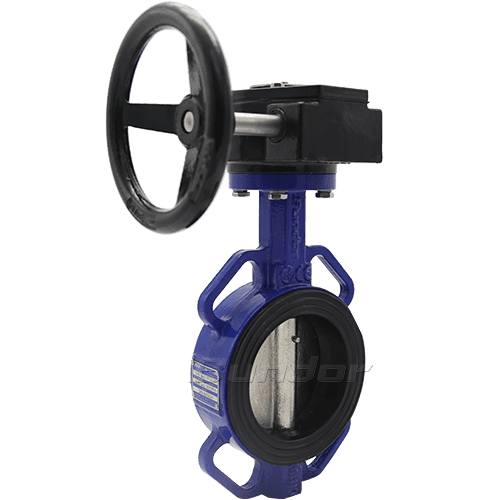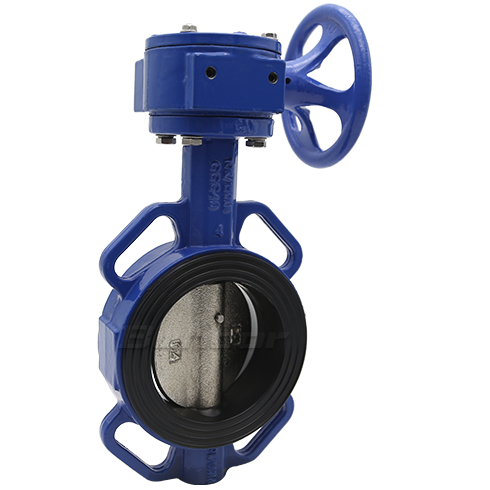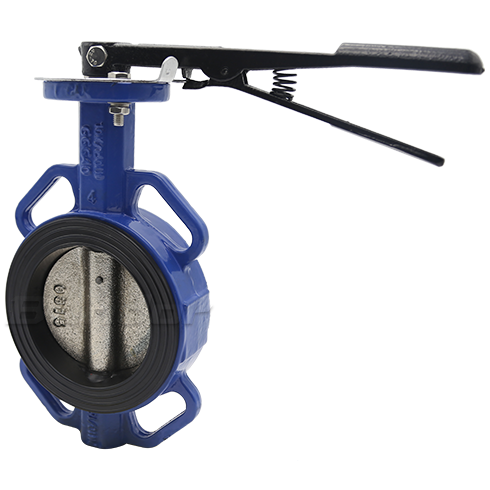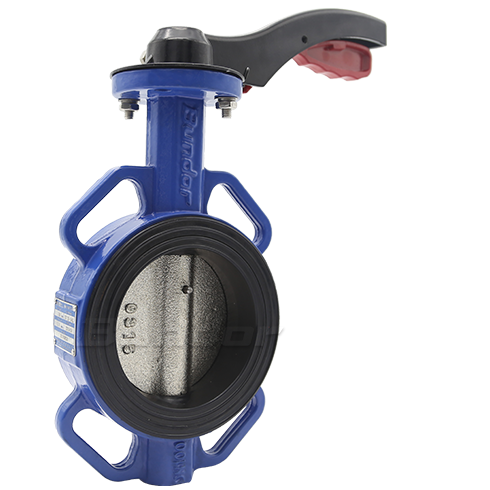The sealing surface of the flanged gate valve is an important working surface for the valve to block the medium and control the fluid. The quality of the sealing surface determines whether the valve can guarantee no leakage or impermeability. These direct influence factors determine the service life of the valve. If the sealing surface is damaged, the valve will not work properly. Among them, the material selection of the sealing surface is a very important factor, which is critical to the quality of the sealing surface. Therefore, the following factors should be considered when selecting the valve sealing surface material:
1. Corrosion resistance
Whether the medium is pure water or other types will cause some corrosion to the flanged gate valve. Under the action of high-speed passage of the medium, the surface is inevitably damaged. Delaying this process is our primary consideration when choosing a sealing surface material. Once the surface of the sealing surface is damaged, the valve tightness cannot be guaranteed. The media is easily leaked from the damage of the sealing surface. Therefore, the sealing surface material must be resistant to corrosion. The corrosion resistance of a material depends primarily on the chemical stability of the material. But secondly, it is necessary to choose the sealing surface according to the media conditions to see if it matches the sealing material.
2. Friction resistance
Because the medium moves relative to the sealing surface and is a high speed process, the damage caused by friction of the material is unavoidable. This damage will eventually also cause damage to the sealing surface. Therefore, the sealing surface material must have good anti-friction properties, especially flanged gate valves. The wear resistance of the sealing material is often determined by the internal properties of the material. At the same time, we must pay attention to the valve installation location to meet the needs.
3. Erosion resistant
The formation of the erosion phenomenon is a process in which the sealing surface is destroyed when the medium flows through the sealing surface at a high speed. This damage is more pronounced on throttling valves used in high temperature, high pressure steam media. Because of the need for frequent opening and closing, it has a great impact on the sealing damage. Therefore, erosion resistance is also one of the important requirements for sealing surface materials.
4. Flange gate valve valve sealing surface should have a certain hardness, and allow a large drop in hardness under the specified working temperature.
5. The linear expansion coefficient of the sealing surface of the gate valve and the material of the body should be similar, which is more important for the structure of the sealing ring. This avoids the possibility of additional stress and looseness at high temperatures.
6. When the sealing surface is used under high temperature conditions, it must have sufficient resistance to oxidation, thermal fatigue and thermal cycling.
When we are faced with real working conditions, it is difficult to find a sealing surface material that fully meets the above requirements. It is advisable to match the choice according to different valve types and uses. There are several important points, such as: Sealing surface seal materials that are often required to be opened or closed, or in high-speed media, should specifically indicate the erosion resistance requirements. If the medium contains solid impurities, the sealing surface material with higher hardness should be selected for better durability.








